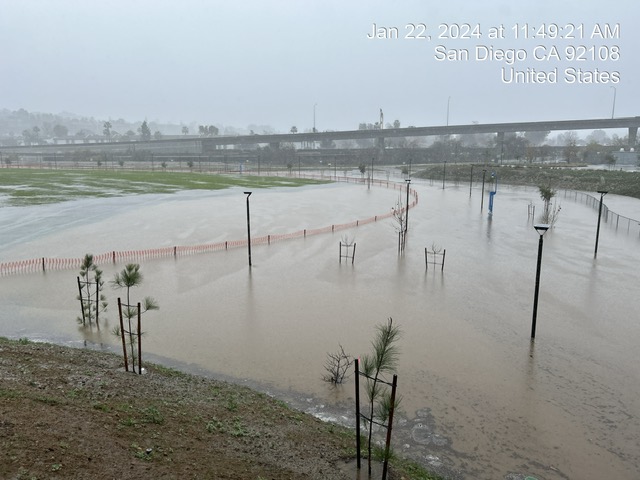 Pope Benedict XVI announced his resignation as head of the Roman Catholic Church yesterday.
Pope Benedict XVI announced his resignation as head of the Roman Catholic Church yesterday.
Claiming advanced age as the primary reason for his resignation, Benedict said in an announcement, “both strength of mind and body are necessary, strength which in the last few months, has deteriorated in me to the extent that I have had to recognize my incapacity to adequately fulfill the ministry entrusted to me.”
Throughout Benedict’s almost eight-year term, he governed with an ultra-conservative fist and attempted to reverse some of the Vatican II’s liberal changes made to the Catholic Church.
The soon-to-be former pope was also troubled by the West’s decline in religious beliefs, the advent of gay marriage and stem cell research. But as the oldest pope since 1730, Benedict’s energy geared toward his crusade for Christianity has waned, according to The New York Times.
His resignation echoes a statement he made to a German journalist in 2010 when he said “if a pope clearly realizes that he is no longer physically, psychologically and spiritually capable of handling the duties of his office, then he has a right and, under some circumstances, also an obligation to resign.”
Benedict’s reign was met with constant scrutiny as multiple scandals damaged the reputation of the Catholic Church. From Vatileaks, a scandal in that involved the Pope’s butler who stole and leaked sensitive documents, to Muslim outrage after he compared Islam to violence, to sex crime cover-ups, Benedict’s moral character has been questioned.
The announcement sent shock waves throughout the Catholic community, according to Reuters. The last time a pope resigned was 600 years ago.
According to The New York Times, the pope’s official resignation is slated for Feb. 28, with a new pope expected to be elected by Easter.









